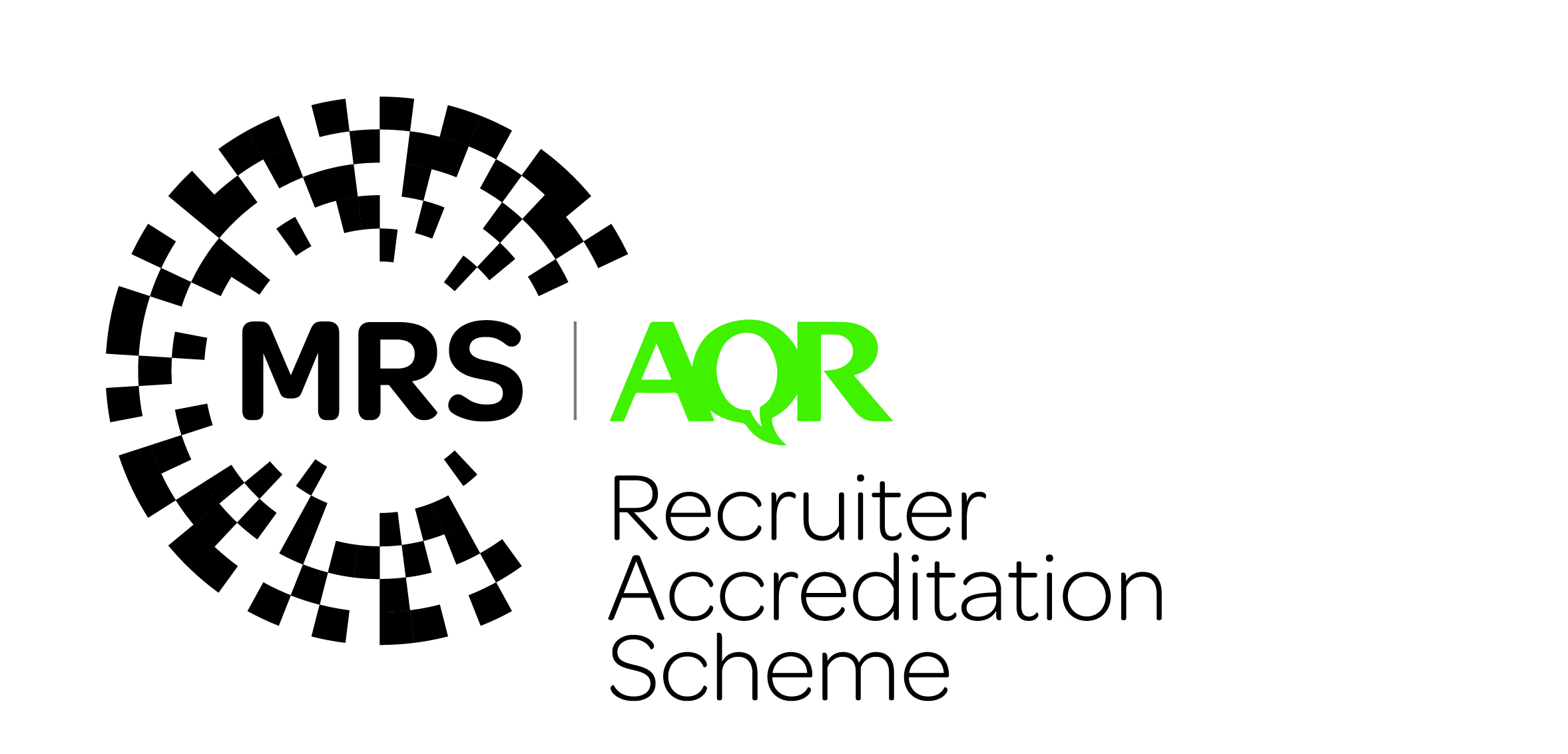All MRS websites use cookies to help us improve our services. Any data collected is anonymised. If you continue using this site without accepting cookies you may experience some performance issues. Read about our cookies here.
You are currently not logged in. Any progress made will be lost.
Discrimination
It is not only research recruitment as an activity where inclusion considerations are required. There is also a responsibility towards recruiters and ensuring that they do not experience or witness discrimination.
The Public Order Act of 1986, states it is a criminal offence for someone to deliberately stir up racial hatred by directing insulting language at an individual or exhibiting threatening behaviour. Also, the Equality Act legally protects people from discrimination in the workplace and wider society, this includes recruiters when they are undertaking their professional activities.
Discrimination can take many forms including:
- verbal and physical abuse
- bullying
- threatening behaviour
- online abuse
Standing up to discrimination can be a powerful sign of support. It can also make the perpetrator think twice about their actions. When responding, always assess the situation and never put yourself at risk. Your actions do not need to involve confrontation. The aim should be taking reasonable action:
- keep an open mind – discrimination situations are often very individual and what may, or may not, be felt to be discriminatory can change over time, and from person to person. However, immediate action should be taken if discriminatory comments have been directed at for example, individuals you have recruited.
- be respectful and empathetic – if comments are directed to participants you have recruited or indeed directed at you, it can be particularly upsetting and/or stressful to experience or witness. The use of discriminatory language can have a very harmful impact on the mental health of victims of such behaviour. Think about how you can support the target of the abuse. Go and sit or stand next to them and check if they wish to continue. If you are the recipient of the abuse seek support from others if they are available or leave the vicinity of the abuse if you are on your own.
- say something – calling out discriminatory behaviour in front of other people lets the others know that behaviour is unacceptable. Be aware that people tend to be defensive when they are called out in front of others. If for example, discriminatory behaviour is exhibited within a qualitative group which you have agreed to host in your home, check with the others present if they are willing to proceed if the source of the abuse is still present, if not the individual who used the discriminatory language should be to be asked to withdraw. The group could then continue if those remaining are willing to do so.
- tell someone – if you have been subject to or witnessed discriminatory behaviour report the incident to the appropriate person e.g., the agency you are working with. Call the police if you think that you or somebody else may be in danger.
Collecting Inclusive data can be difficult as there are many sensitives among the public about why this data is being collected, why certain things are being asked etc. Where possible you should explain the reasons for the collecting of such data, to inform participants but also to protect yourselves. For example, using some preamble about how this data helps society and business to address the needs all members of society, etc and how those being researched need to reflect different types of characteristics.
For more detail see:


